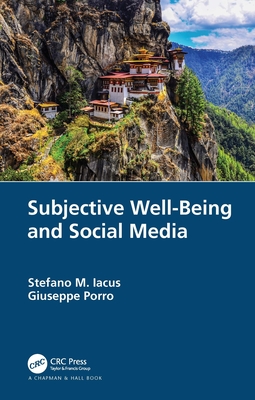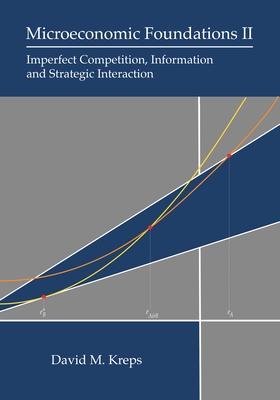
Subjective Well-Being and Social Media
主观幸福感与社交媒体
公共关系学
¥
1780
售 价:
¥
1424.00
优惠
平台大促 低至8折优惠
发货周期:国外库房发货,通常付款后3-5周到货!
出 版 社
出版时间
2021年08月06日
装 帧
精装
页 码
218
语 种
英文
综合评分
暂无评分
- 图书详情
- 目次
- 买家须知
- 书评(0)
- 权威书评(0)
图书简介
Subjective Well-Being and Social Media shows how, by exploiting the unprecedented amount of information provided by the social networking sites, it is possible to build new composite indicators of subjective well-being. These new social media indicators are complementary to official statistics and surveys, whose data are collected at very low temporary and geographical resolution. The book also explains in full details how to solve the problem of selection bias coming from social media data. Mixing textual analysis, machine learning and time series analysis, the book also shows how to extract both the structural and the temporary components of subjective well-being.Cross-country analysis confirms that well-being is a complex phenomenon that is governed by macroeconomic and health factors, ageing, temporary shocks and cultural and psychological aspects. As an example, the last part of the book focuses on the impact of the prolonged stress due to the COVID-19 pandemic on subjective well-being in both Japan and Italy. Through a data science approach, the results show that a consistent and persistent drop occurred throughout 2020 in the overall level of well-being in both countries. The methodology presented in this book:enables social scientists and policy makers to know what people think about the quality of their own life, minimizing the bias induced by the interaction between the researcher and the observed individuals; being language-free, it allows for comparing the well-being perceived in different linguistic and socio-cultural contexts, disentangling differences due to objective events and life conditions from dissimilarities related to social norms or language specificities; provides a solution to the problem of selection bias in social media data through a systematic approach based on time-space small area estimation models. The
本书暂无推荐
本书暂无推荐














